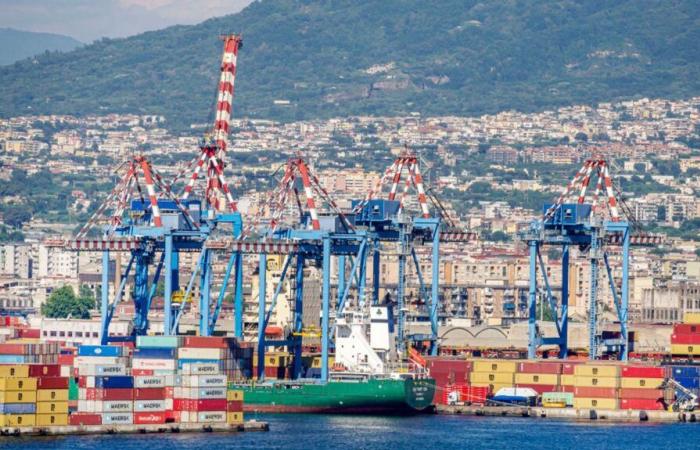European microphone is dedicated today to Italy, with Daniele Zappalà, journalist, Paris correspondent for the Italian daily Future.
Italy has become the fourth largest exporting country in the world, overtaking South Korea and Japan. Is this an Italian miracle?
Daniele Zappalà: Yes, it was a stroke of brilliance which, it must be admitted, surprised many Italians. We were so immersed in this rhetoric of decline, of national over-indebtedness, that in fact we had not seen the extraordinary dynamism of the Italian productive fabric, the “distraiti”, as they are called, namely those territories which incorporate hundreds, sometimes thousands of companies, but which in fact specialize in export.
Small and medium-sized Italian companies which sometimes export more than 90% of their production. That's really one of the secrets of these incredible productive potentials, of these undergrowths that even Italians sometimes have difficulty understanding.
There are thousands of SMEs and VSEs too, very small businesses. For example, a famous Italian perfumer, each fragrance of his perfumes is made by a single family. Is that Italy, several families making a part for a machine?
There you go, there is this entrepreneurial genius, the capacity for cooperation between these small units, and there is also this capacity for a “tutti fruti” effect, namely Italy is the first country in the world for the variety of these exported products. Much more than China, it is a sort of European dragon, even though we have an active population of less than 25 million. Imagine, in fact, this incredible production capacity.
We don't forget the agri-food industry, we don't forget luxury, we don't forget fashion and boat building?
In marketing, sometimes we call it the “wow” effect, also this capacity for innovation, to create beautiful, diversified products, which always follow the tastes of customers. So the flexibility of these companies in the most varied sectors, these are companies that have modernized at great speed.
Imagine that today, there are more industrial robots in Italy than in the United States: 23,000 robots listed by international organizations in Italy, compared to 16,000 in the United States, 8,000 in France. You see that today there are these “dragons”, Italy which obviously, then, is in a context which also has “Achilles heels”, we must not only look at the productive side .
But it is certain, it is a lesson of optimism for Europe, which today must face the protectionism of the United States, the global trade war in the China-United States conflicts. And so there, it is an Italian model which perhaps can give ideas to other European countries.
It is the only country in the world which created an automobile model in 1955 which is still as famous today, we must not forget that?
A model which is sometimes also at the service of other major global automobile brands. We know the power of the big German brands, but when you look at the subcontractors, all the mechanical parts behind this German excellence, a very good part comes from Italy.
So often, behind even the other European champions, there are small Italian companies which provide this global strike force.
Without forgetting your greatest representatives in the world, is it the Italian diaspora?
For global exports, this diaspora has always played a major role. We obviously know the case of pizzerias all over the world. This ability to impose a sort of almost “food imperialism”. But this is also the case for the penetration of these small and medium-sized businesses which very often find local relays, whether in Brazil, Colombia, South Africa, Egypt or Vietnam. There, we really see this ability to have field antennas everywhere.






